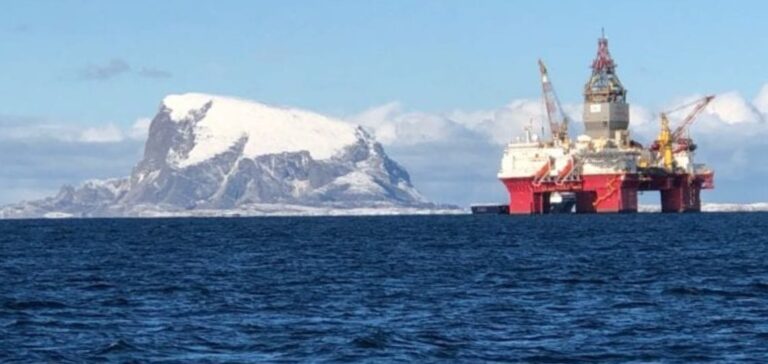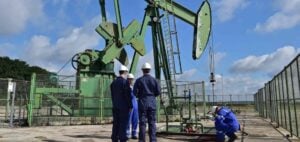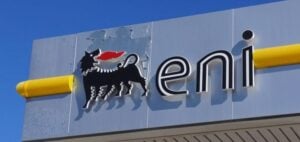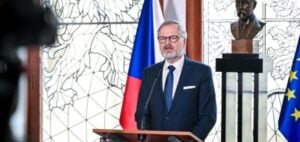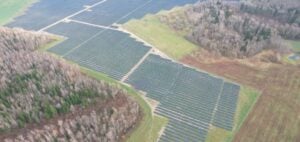Equinor signs new drilling contracts in Norway Equinor with Transocean for semi-submersible platforms in the Norwegian Sea In addition, the two companies have also signed agreements for the use of Transocean Encourage and Transocean Enabler for drilling programs in the Norwegian Sea and for the Johan Castberg field, respectively. The eight-year contracts with Equinor for the two platforms expire in December 2023 and April 2024 respectively.
Drilling contracts in Norway for the Tyrihans, Verdande, Andvare and Vigdis fields
Equinor has awarded drilling contracts in Norway for the use of Transocean Encourage for the program consisting of nine wells to be drilled on the Tyrihans, Verdande, Andvare and Vigdis fields. The agreement also includes the reservation of a platform for the development of the Johan Castberg field. The total estimated contract values are $191 million for the Norne field and $415 million for the Johan Castberg field.
A strategic collaboration for the future between Equinor and Transocean
In addition, Equinor believes that Transocean is a major contributor to its ability to achieve its offshore ambitions in the coming years. Indeed, the two companies have worked together for many years and are now expanding their cooperation to improve technology and innovation related to safety, efficiency and greenhouse gas emissions. The Norwegian drilling contract between Equinor and Transocean also aims to ensure safety, reduce emissions and increase rig efficiency.
6th generation semi-submersible platforms
The Norwegian continental shelf is known to be one of the most challenging environments for oil drilling operations. Extreme weather conditions and cold waters make drilling operations particularly challenging. This is why Transocean has designed semi-submersible platforms specially adapted to these conditions. The Transocean Encourage and Transocean Enabler are fully winterized and capable of operating in extreme temperature conditions.
In conclusion, the strategic collaboration between Equinor and Transocean is an important step for the Norwegian offshore industry. The contracts signed demonstrate Equinor’s confidence in Transocean’s ability to carry out efficient and safe drilling operations in challenging environments. The collaboration also aims to improve technology and innovation related to safety, efficiency and greenhouse gas emissions, reflecting both companies’ commitment to sustainability. With the use of 6th generation semi-submersible platforms adapted to the extreme weather conditions of the Norwegian Sea, this collaboration will contribute to the optimization of the exploitation of Norwegian oil fields for years to come.

